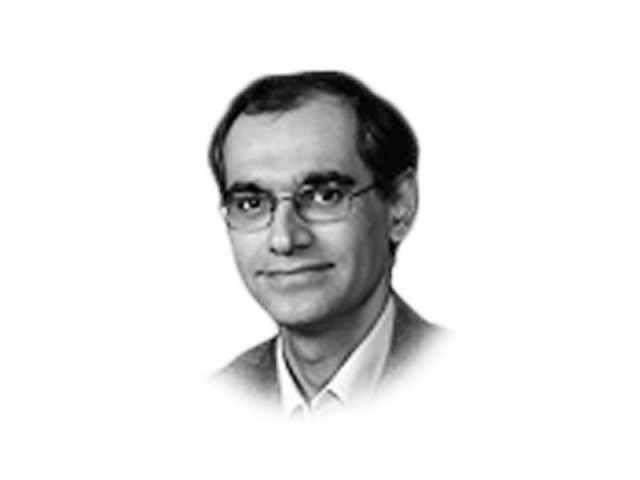Intolerance — fragility of belief
Worst of all is religious intolerance

The writer is a professor at the University of Western Ontario in Canada
The advent of modern education promoted logic and rationality in the thinking process and encouraged freedom of thought, which led in turn to the development of a more tolerant attitude across the world. Despite that, social intolerance has increased over the last decade or so. Three vivid examples are available in today’s world — the hate-inspired attacks in the West, the execution of beef-eaters in India and mob lynching on blasphemy allegations in Pakistan. Intolerance has reached a level in Pakistan where conservative elements are not even willing to tolerate the existence of people with other religious perspectives.
Religious intolerance is not viewed as an acceptable norm in a society and if such an incident occurs, it is normally condemned and governments are urged to eradicate such intolerance from the society. However, it cannot be eliminated by force. There is a need to look deeper into the root causes that lead to the development of such an intolerant mindset and then take corrective action to eliminate the root cause.
A common belief is that lack of education is the root cause of intolerant behavior. Others argue that it is not the lack of education but rather the right education because limited and selected knowledge transfer is often used for brainwashing that leads to intolerance. Both of these arguments are valid but there is also a hidden factor that is a prime motivator for this behaviour.
The main characteristic of intolerance is the unwillingness to listen or accommodate others’ opinions. When a person listens to other opinions, it naturally initiates a comparison of one’s own belief or opinion with that of the other in the subconscious, despite how strongly one opposes the other opinion. This comparison takes the form of a severe battle in the mind if the other side brings strong logical and rational arguments. It is this fear of unwilling comparison and the possibility of losing the battle to defend one’s belief or opinion against logic, reasoning and factuality that triggers the attitude of forcefully shunning others from expressing their opinions. It is this fragility of belief that forces a person to create a strong shell around his/her belief.
Followers of almost all religions claim that they have a firm and unshakable belief in their religion. If such is the case, then they should not be afraid of listening or tolerating other opinions. If one’s belief is so fragile that other opinions can sway it, then one should first question the firmness of his/her own belief rather than blaming others for shaking it. Confidence in a belief or opinion only comes when a person accepts it convincingly through rationality and logic.
A tolerant attitude can only come from a person who is self-confident in his beliefs. This confidence is built through rational thinking, logic and open-mindedness. Such person has no inner fear in listening to other opinions. If such an opinion does pass logic and rationality checks, then it is received with open-mindedness. Hence, to eliminate intolerance from society one should eradicate the intolerant mindset, which is only possible through promoting rational thinking, logic and open-mindedness amongst the younger generation.
Published in The Express Tribune, October 29th, 2017.
Like Opinion & Editorial on Facebook, follow @ETOpEd on Twitter to receive all updates on all our daily pieces.















COMMENTS
Comments are moderated and generally will be posted if they are on-topic and not abusive.
For more information, please see our Comments FAQ